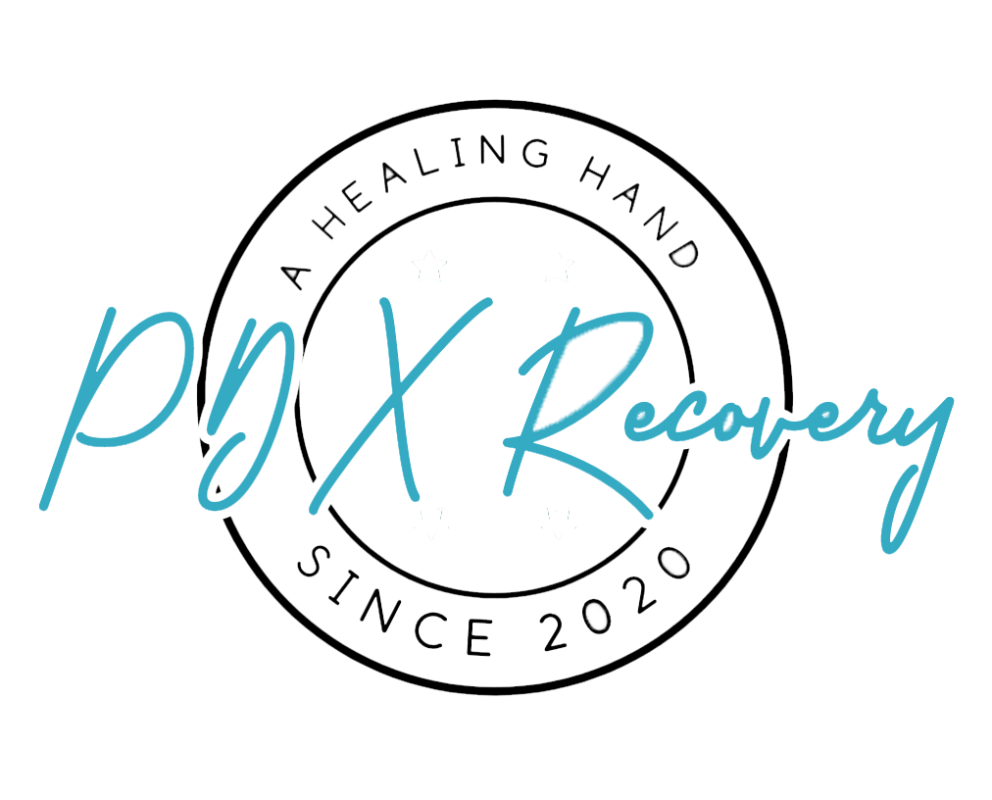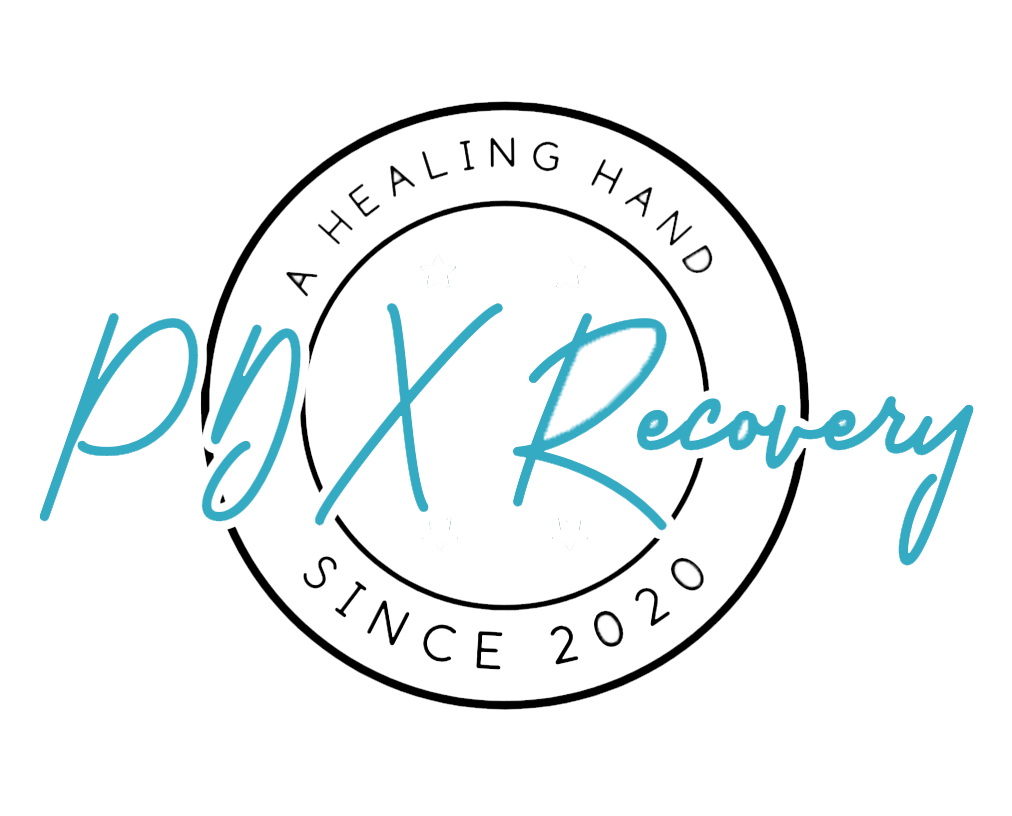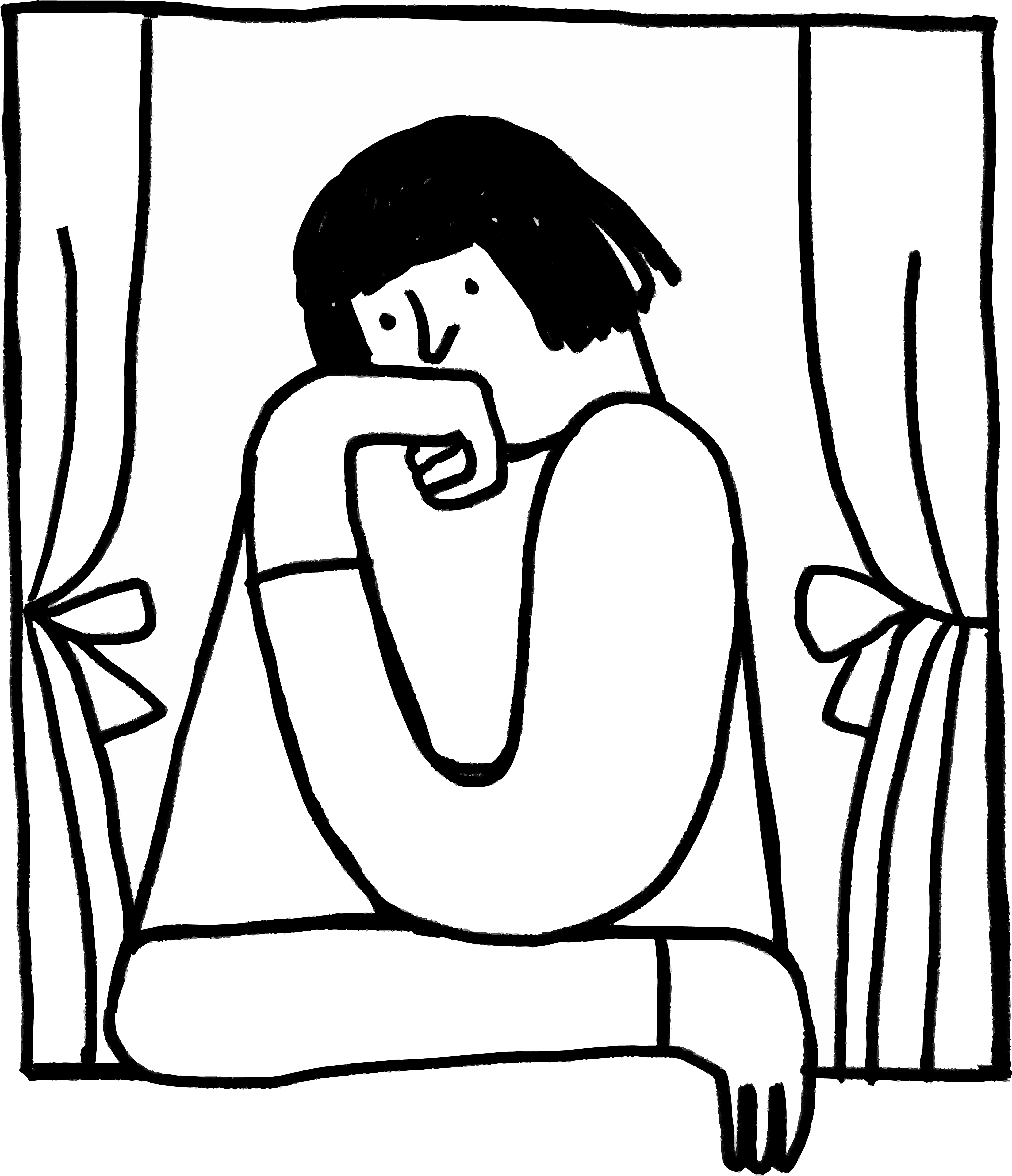

Accredited For Your Benefit
Our services are recognized as meeting the highest standards of care and are continuously evaluated to ensure excellence.
What is Oregon City Hallucinogens Addiction Treatment PDX?
Hallucinogens addiction is a complex and multifaceted disorder that affects individuals both psychologically and physiologically. This type of addiction is characterized by an overwhelming desire to continue using hallucinogenic substances despite negative consequences. Hallucinogens, such as LSD, psilocybin mushrooms, peyote, and DMT, alter perception, mood, and various cognitive processes. Users may seek these altered states for spiritual reasons, to escape reality, or for recreational purposes. However, over time, the continuous use of these substances can lead to dependency.
Unlike other forms of substance abuse that primarily cause physical dependence, hallucinogen addiction is often more psychological. Individuals may find themselves in a cycle where they rely on these drugs to cope with emotional distress, anxiety, depression, or trauma. The repeated disruption of normal brain chemistry can lead to tolerance—requiring more of the substance to achieve the same psychedelic effects—and intense psychological cravings.
The risks associated with hallucinogen addiction extend beyond the immediate psychological effects. Chronic users may experience persistent psychosis including visual disturbances, disorganized thinking, paranoia, and mood changes long after the drug’s effects have worn off. Additionally, a phenomenon known as Hallucinogen Persisting Perception Disorder (HPPD) can occur, where individuals re-experience flashbacks of their trips without warning. These flashbacks can be distressing and interfere significantly with daily functioning.
Addressing hallucinogen addiction often involves comprehensive treatment approaches that include behavioral therapy to help modify attitudes and behaviors related to drug use and support groups that provide a community of individuals facing similar challenges. Due to the deeply ingrained psychological aspects of this addiction, therapy sessions focus on uncovering underlying issues that contribute to substance use while teaching coping strategies for dealing with stressors without resorting to hallucinogen use.
Recovery from hallucinogen addiction is possible but requires patience and dedication. It’s about more than just quitting the drugs; it’s about rebuilding a life where they are no longer needed as a crutch for mental health or an escape from reality. With the right support system and access to professional treatment services tailored to individual needs, those struggling with this form of addiction can achieve sobriety and regain control over their lives.
How We Treat Oregon City Hallucinogens Addiction Treatment PDX
At PDX Recovery in Oregon City, stepping into a new chapter away from hallucinogen addiction begins with understanding and compassion. Our approach is tailored to the individual, recognizing that each journey towards healing is unique. Hallucinogens, while perhaps less talked about in the realm of addiction, can create profound challenges for those entangled in their grip. These substances can distort reality to a severe degree, making the path to recovery seem daunting.
Our facility offers a serene environment where individuals can start their recovery surrounded by Oregon’s natural beauty, providing a peaceful backdrop for both healing and self-discovery. Treatment at PDX Recovery encompasses a blend of evidence-based practices and holistic therapies designed to address not only the physical aspects of addiction but the psychological underpinnings as well. From cognitive behavioral therapy that helps reframe negative thought patterns to art and music therapy that allows for expression beyond words, our programs are designed to facilitate deep personal growth and lasting sobriety.
Understanding that support extends beyond individual treatment, we also emphasize the importance of community in the recovery process. Group therapy sessions provide a space for sharing experiences and forging connections with others who are navigating similar paths. This sense of community is vital in fostering resilience and accountability.
Detoxification is often the first step in treatment for hallucinogen addiction at PDX Recovery, managed with utmost care by our medical professionals who ensure safety and comfort throughout the process. Following detox, clients engage in an integrated treatment plan that’s customized to meet their specific needs—a plan that may include dual diagnosis treatment if necessary, addressing any co-occurring mental health conditions alongside addiction.
As part of our commitment to long-term recovery, PDX Recovery offers aftercare planning services to support individuals as they transition back into daily life with newfound strength and coping strategies. We understand that recovery is an ongoing journey; therefore, our support extends beyond your time at our facility.
Choosing PDX Recovery means choosing a path paved with compassion, expertise, and unwavering support—a place where healing begins and lives are transformed. If you or someone you love is struggling with hallucinogen addiction, reach out today. Let us walk beside you on your journey toward recovery in Oregon City.
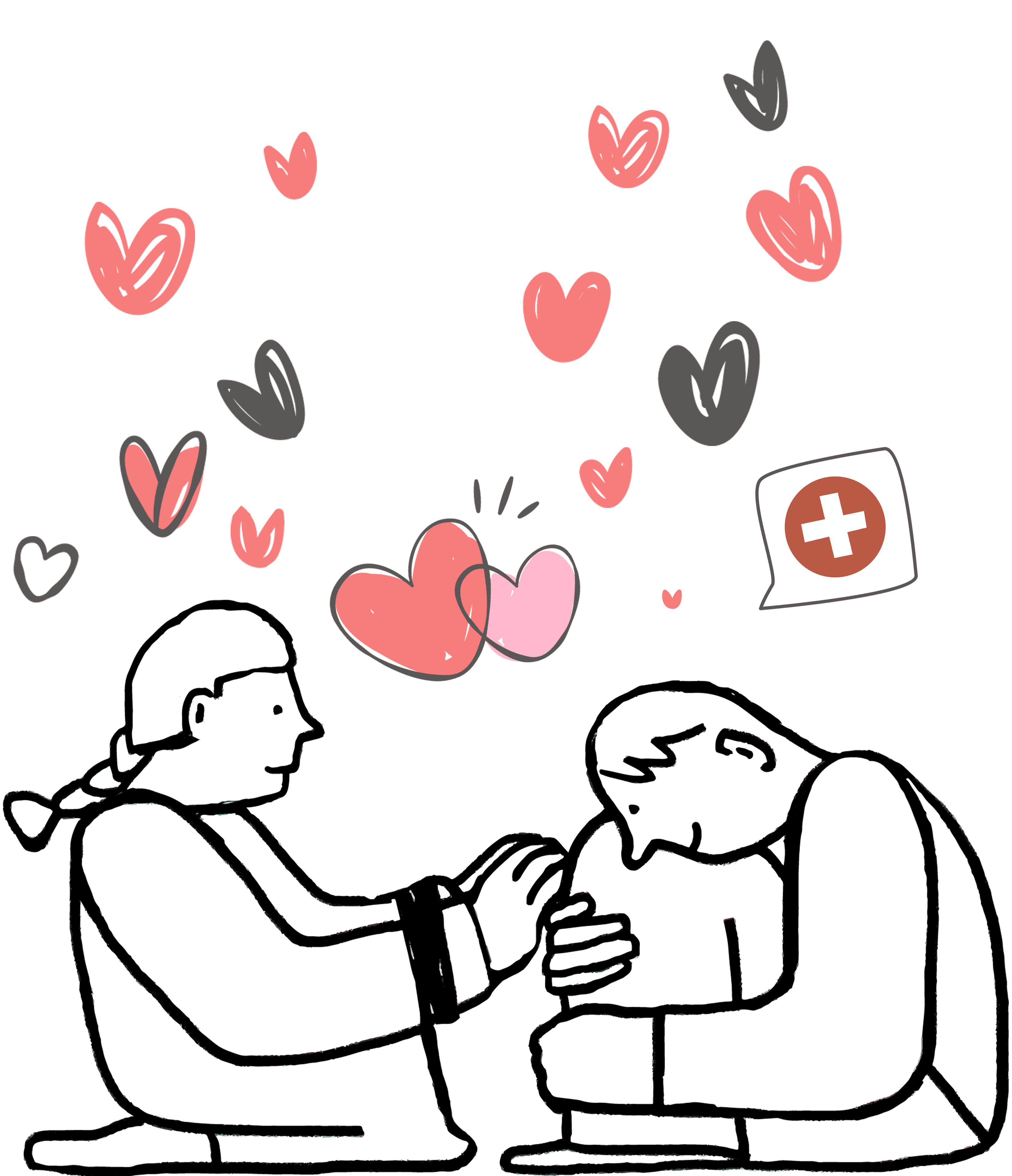
Our Addiction Treatment Programs
We only use proven clinical services to treat our patients, ensuring the highest level of care and success rates. Our team consists of highly trained therapists and doctors who specialize in a variety of mental health and addiction issues.
Clinical Services We Use for Treatment
At PDX Recovery, we empathize with the challenges of seeking help. Our commitment lies in fostering a warm and inviting atmosphere for our patients, ensuring their comfort. We aim to deliver accessible and impactful therapy to all individuals.
We Work With Most Major Insurance Providers
Our aim is to offer affordable and impactful care to all individuals who seek assistance at our center. We recognize the difficulty of battling addiction and mental health issues without the added burden of financial worries. Therefore, we are dedicated to collaborating with your insurance provider to ensure you benefit from the fullest coverage possible for your treatment.
FAQ
We've compiled a list of frequently asked questions to provide clarity on the experience and alleviate any remaining fears or anxieties you might have.
A day in treatment offers a structured and supportive setting to foster physical, mental, and emotional healing. Residents begin with a nutritious breakfast, followed by therapy sessions, group activities, and workshops addressing addiction's root causes. These include individual counseling, group and family therapy, exercise, educational lectures, and recreational pursuits. The day features balanced meals, moments for contemplation and relaxation, and opportunities for personal introspection through journaling or meditation. Evenings may include peer support meetings or 12-step programs, wrapping up with time for rest. Each day at our facilities is thoughtfully designed to support holistic recovery, enabling individuals to cultivate healthy habits and coping strategies.
A standard detox phase generally extends for approximately five days, but its duration may vary from three to 10 days based on individual factors. These include the type and quantity of substances used, duration and frequency of consumption, as well as the method of intake. Collectively, these variables dictate the required duration of the detoxification process for either yourself or a loved one.
When beginning treatment, it's important to bring along specific items that can provide comfort and support. These might encompass cozy clothes, personal care essentials, prescribed medications (accompanied by proper documentation), and materials like journals or books for personal introspection. Conversely, there are restrictions on what can be brought into addiction treatment centers. Prohibited items typically include substances like drugs or alcohol, weapons, and anything that could hinder the recovery process. To ensure a smooth transition into treatment, it's vital to check with the chosen facility beforehand for a comprehensive list of permitted and prohibited items.
We recognize the close connection between addiction and mental health challenges. Hence, our addiction treatment centers prioritize tackling underlying mental health issues. Our skilled team provides tailored support and therapy for various mental health conditions like depression, anxiety, PTSD, and more. Embracing a comprehensive recovery approach, we address both physical and mental well-being. Our admissions staff is committed to matching you with the ideal facility for holistic care, ensuring a successful healing journey. Count on us for unwavering support throughout your path to lasting sobriety and enhanced mental wellness.
Our admissions team is devoted to assisting you in finding the ideal treatment center that meets your needs. Choosing a rehab facility can feel overwhelming, which is why our team is here to help. We are dedicated to guiding you through the process and identifying the perfect center for yourself or your loved one. Comprised of compassionate and knowledgeable professionals, our admissions team understands the complexities of addiction and the importance of selecting the right treatment. We take into account your individual requirements, preferences, and any co-occurring conditions to connect you with a facility that offers personalized care. Remember, you don't have to go through this alone – our admissions team is here to support you every step of the way towards a successful recovery.
Watching a loved one battle addiction can be heart-wrenching and overwhelming. Feeling powerless and uncertain about how to aid them is common. The initial step in assisting your loved one is engaging in a candid conversation about their addiction. Express your apprehensions, extend your support, establish boundaries, and urge them to seek professional assistance. Researching treatment options together and ensuring resources are easily accessible can also be beneficial.
Remember, patience, empathy, and unwavering support are crucial throughout this journey. Recovery is a process that requires time. By employing a compassionate and supportive approach, you can guide your loved one towards a healthier, addiction-free life. Do not hesitate to seek guidance and support from our team; we are dedicated to assisting you and your loved one at every stage of the recovery process.
No matter how committed you are to your recovery journey or how resolute you are about maintaining sobriety, a relapse may occur. According to statistics from the National Institute on Drug Abuse, relapse rates in recovery vary from 40% to 60%. Following a relapse, feelings of shame and regret are common. There may even be thoughts of succumbing to addiction rather than persevering against the temptation to use. While these emotions are typical, they can hinder achieving a drug-free life. Instead of viewing a relapse negatively, consider it a learning experience; refine your relapse prevention strategies and identify triggers. By understanding the root causes of the relapse, you lay the groundwork for a recovery that ensures you bounce back stronger.
The first step involves evaluating whether returning to rehab is necessary. If the relapse was an isolated incident and you are committed to reviewing or adjusting your recovery plan, a return to an inpatient facility may not be needed. Such a setting offers hands-on care and continuous monitoring. However, falling back into a persistent pattern of substance misuse may indicate the necessity of reentering a structured treatment program. If conversations about substance use reoccur, mingling with individuals who endorse drinking, or resorting to substances for coping, it signals a more serious issue that requires immediate attention.
After rejoining treatment post-relapse, the primary emphasis should be on reintegrating into everyday life. Opting for a sober living environment for a few months following treatment could be the most effective way to prevent relapse, as accountability and structure are beneficial during the initial vulnerable phase. Moreover, having an outpatient therapy plan for ongoing support post-rehab is advantageous.

Verify Your Insurance With Us!
Freeing yourself from Addiction doesn't have to be hard. Take the first Step and begin filling out the form, it's the initial phase in achieving a healthy recovery. We offer the necessary guidance and professional care crucial during the early treatment stages.

